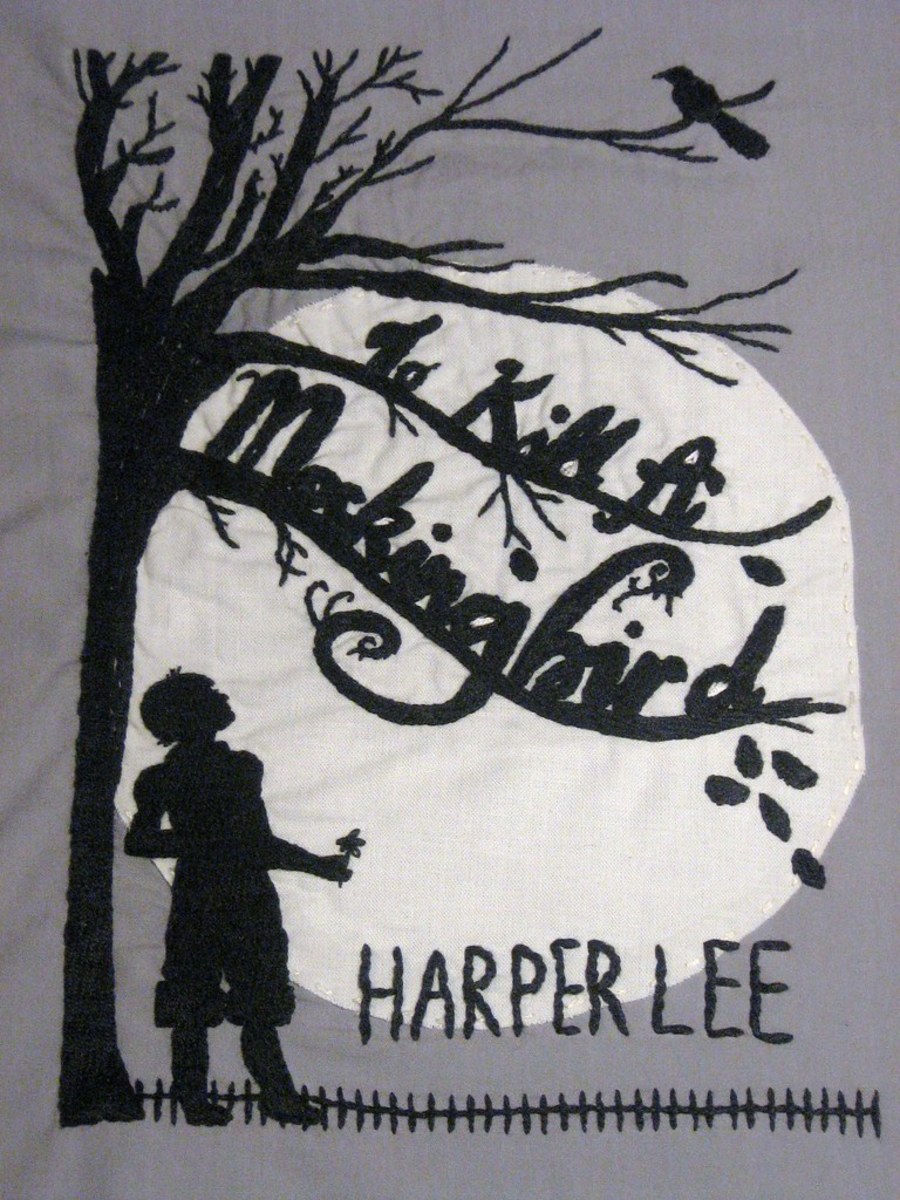BUT WHAT IF Harper Lee had named her famous book A Tragic Sex Crime instead? AND WHAT IF her book hadn’t become famous at all? OR WHAT IF her book was part of a trilogy, all bearing similar titles? WHAT IF another author had written a separate book about killing mockingbirds? All these factors affect search results on the Internet. What you name your article or blog directly impacts how people searching the Internet either find or don’t find your content. Titles need to reasonably reflect content and peak interest, of course, but titles are much more. They are literally a biomarker for those who see and remember your content and those who don’t. This is important information for starving freelancers who are striving to drive traffic to their content. After all, most of us don’t have time to write for free! Even if and when we can write for free, we still write to be discovered. In this article, we will see examples of how a simple search on Google, Bing, Yahoo, and Dogpile render totally different results to the Web’s end user. Bear in mind, there is a difference between a search engine like Google or Bing versus a search directory like BOTW or Yahoo. Search engines use complex algorithms as well as ads known as paid placement to list content. Search directories store content by predefined categories which they use to store your content, often searchable. We will also learn how search engine algorithms work for and against you so that you can choose a title that gives you the best edge against your competition.
Understanding Search Algorithms
Internet search algorithms are not a singular or precise art. By definition, they are a process or set of rules followed by a computer. Can you depend on them to be formulaic or fixed? No chance! Not only are algorithm rules subject to constant changes, they are relative to each particular search engine and further open to interpretation! Many factors play into algorithms ranging from relevance and quality, to key words and context. There are task-specific algorithms, organizing algorithms, data collection algorithms, and content structure algorithms just to name a few. HubPages gives you some pretty big hints about how Google’s algorithms like to see content structured. What does this have to do with your content’s title, you ask? The answer is ‘always everything’ and ‘sometimes nothing’. I say that because you can name an article something designed to mimic or predict a reader’s online search phrase and get entirely different hierarchal results across various search engines, but you will eventually snag a rung on the algorithm’s ladder. Alternatively, you may name an article something clever that is designed to peak the interest of a curious mind. This tactic works great for search directories that categorize your content or when your content is marketed in some manner. To explain, let’s look at a few live examples with one caveat: What you see today, you may not see tomorrow! Content is constantly being added to the Web; therefore, algorithms are constantly changing content placement in the Internet’s active hierarchy.
Title Searches Via Search Engine or Search Directory
Google and Bing remind me of Pacman and Ms. Pacman. They are part of the same family (search engines) and yet they compete. Search directories, on the other hand, are far more objective relying on human intervention and content relevance rather than everchanging and unexplained competitive algorithms. Without the use of search engine optimization or other marketing techniques (translated: left to the wiles of the Internet), your article or blog may show up in one or more search engines, one or more search directories, both, or one and not the other. You can search Google for subject matter and get one result; you can search Bing and get an entirely different result. For example, at the present time you can type “orbs real or hoax” and Bing, Yahoo and Dogpile will all reveal the same article as their number one result. The keyword here is “hoax.” However, Google’s algorithm will rank that same article as number six. Now remove the magic word ‘hoax.’ If you type “are orbs real” instead, that same article is lost among pages of search results. How many end users are going to use the word ‘hoax’ in their search? If you use the word ‘fake’ in place of ‘hoax,’ then the article will reappear as a top contender for Bing, Yahoo and Dogpile, but it is still lost in Google’s algorithm quagmire. If a writer can think of a title as a search phrase, it can prove both productive and counterproductive. It’s up to the author to decide how to spin the roulette wheel of algorithms. Black is tangible search results for as long as the topic remains current and uncontended. Red is using obscurity as an advantage assuming human memory prevails. When deciding a title for your content, it is always wise to consider the following:
Back to Our Infamous Mockingbird
WHAT IF Harper Lee had named her famous book A Tragic Sex Crime instead of To Kill a Mockingbird? WHAT IF Harper Lee’s book hadn’t become famous at all? WHAT IF Harper Lee’s book was part of a trilogy, all bearing similar titles? WHAT IF another author had written a separate book about killing mockingbirds?
Comments
JEREMIAH MWANIKI KILUNDA from Nairobi on August 17, 2020: Very informative article. Nice job Vicki Carroll (author) from Birmingham, AL on August 16, 2020: Thank you both. Glad you found it helpful MG Singh emge from Singapore on August 15, 2020: Thus is an interesting article with excellent suggestions. Liz Westwood from UK on August 15, 2020: As crafting a good title is a tough task for me, I have read your thoughts on this subject with great interest. I was initially concerned that it might be too technical, but you have done an excellent job in explaining your points in an easy to understand way.

